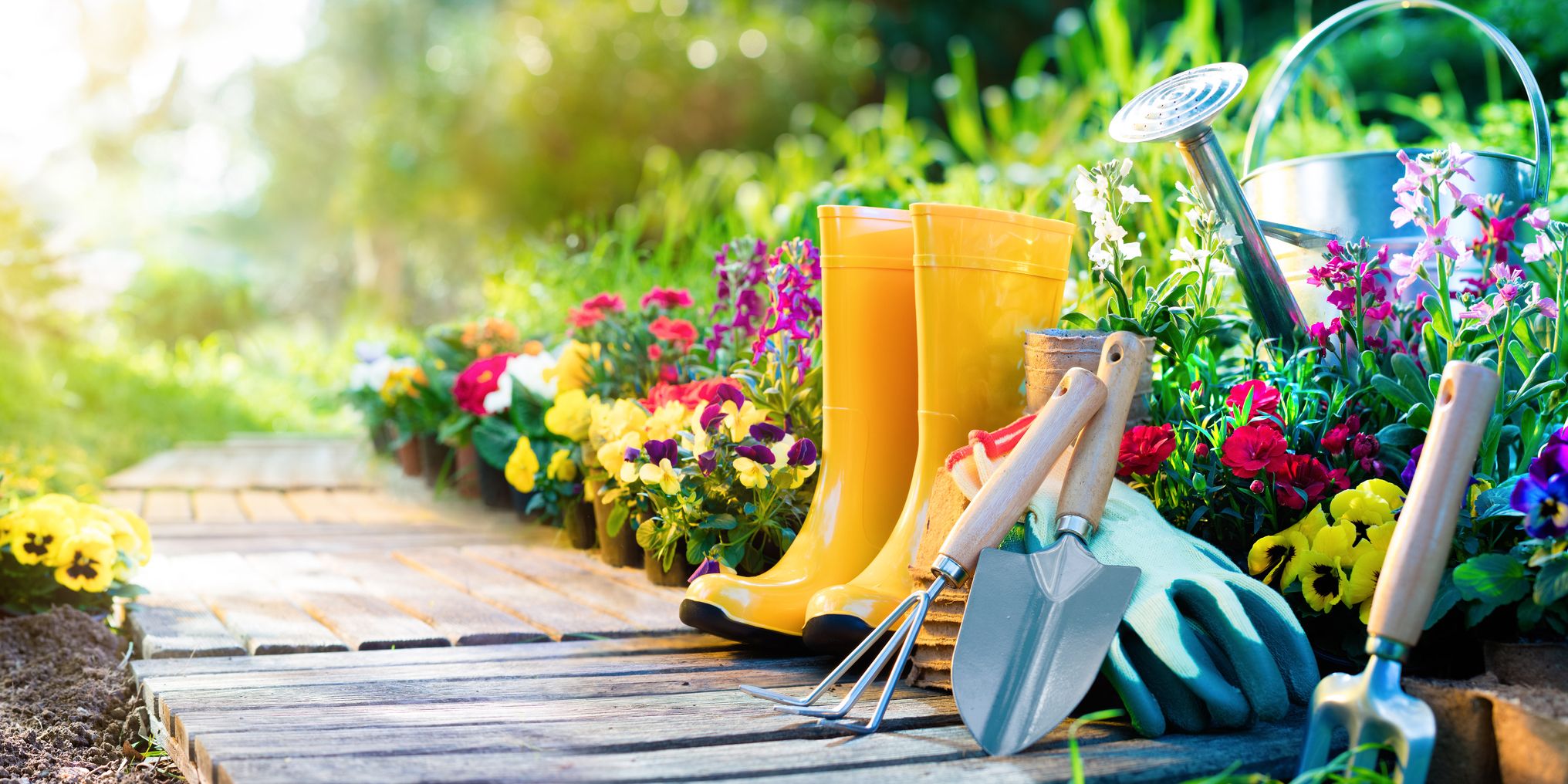Opening the Benefits of Gardening: A Detailed Check Out the Different Types and Their Effect On Health
Discovering the diverse benefits of horticulture reveals a spectrum of practices that substantially boost private health. From veggie and herb gardens to container and raised bed configurations, each kind offers distinct benefits that prolong past plain cultivation. These tasks not only foster physical health and wellness via energetic involvement however also add to psychological wellness by minimizing tension and encouraging mindfulness. As we examine these diverse horticulture techniques, it comes to be apparent that their influence can reverberate on individual, social, and ecological levels, motivating a more detailed check out how these links develop a natural narrative of holistic health and wellness.
Types of Horticulture

Blossom horticulture, one more prominent category, highlights the aesthetic charm of grown blossoms. This type can improve landscapes and promote biodiversity by bring in helpful pollinators. In a similar way, natural herb horticulture entails expanding aromatic and cooking plants, contributing both to food preparation and natural remedies.
Container gardening offers versatility, allowing people with restricted area to take part in horticulture by utilizing pots and planters. This approach is particularly preferred in city setups. Raised bed gardening, on the other hand, includes developing raised plots that improve soil drainage and accessibility, making it simpler for garden enthusiasts to manage their plants.
Lastly, community horticulture fosters partnership among people in common spaces, advertising social interaction and collective obligation. Each kind of gardening offers distinct functions and deals with different choices, making horticulture a functional task that can be tailored to individual requirements and atmospheres.
Mental Health And Wellness Advantages
Participating in various kinds of horticulture not only yields tangible benefits such as fresh produce and gorgeous flowers yet likewise supplies significant psychological health and wellness advantages. Study shows that gardening can be a powerful device for lowering anxiety, anxiety, and depression. The act of often tending to plants and growing a garden promotes a feeling of purpose and achievement, which can boost total psychological well-being.
Moreover, horticulture encourages mindfulness, as it calls for people to concentrate on the present moment, whether it be growing seeds or nurturing development. This mindfulness method can lead to lowered rumination and boosted state of mind stability. The direct exposure to natural surroundings during horticulture has actually likewise been connected to boosted cognitive working and decreased feelings of tiredness.
Social communication plays an essential duty in mental health and wellness, and community gardening initiatives offer possibilities for individuals to attach with others, cultivating a feeling of belonging. The shared experience of horticulture can grow relationships and assistance networks, even more bolstering emotional strength.
Physical Health Conveniences
Many individuals might not understand that gardening additionally gives significant physical health and wellness advantages. Taking part in horticulture activities calls for a series of physical motions, consisting of bending, lifting, digging, and growing, which collectively add to improved stamina, flexibility, and endurance. These actions can improve cardio wellness by promoting an elevated heart price, thereby reducing the threat of heart problem.
Additionally, horticulture can function as a moderate-intensity workout, helping individuals achieve advised exercise degrees. Research studies show that normal involvement in gardening can melt substantial calories-- approximately 200-400 calories per hour, depending upon the intensity of the tasks executed. Such calorie see this expense is helpful for weight monitoring and total metabolic wellness.
Additionally, exposure to sunlight during gardening can promote the synthesis of vitamin D, which plays a vital duty in keeping bone wellness and supporting immune function. Furthermore, the act of gardening usually includes collaborating with dirt, which has been linked to potential mental and physical health and wellness advantages due to the existence of valuable microbes. Gardening.
Social Links Via Gardening
The common facets of gardening foster meaningful social connections among people. Neighborhood gardens, specifically, work as lively centers where individuals from varied backgrounds come with each other, growing not just plants however additionally connections. These shared areas motivate collaboration, permitting people to trade understanding, skills, and sources, therefore enhancing their gardening experience and cultivating a feeling of belonging.
Involvement in horticulture activities frequently leads to the formation of friendships and support networks. Participants often join for common objectives, such as growing periods, harvest parties, or academic workshops, which reinforce interpersonal connections and produce a sense of neighborhood. Such communications can minimize feelings of seclusion and enhance mental wellness, as individuals locate companionship and sociability in shared undertakings.

Ecological Effect of Gardening
Gardening significantly contributes to environmental sustainability in several ways. One of the most notable advantages is the enhancement of biodiversity. Home yards give essential habitats for numerous species, consisting of pollinators such as and butterflies, which are important for environment health and wellness. By growing diverse plant varieties, garden enthusiasts can develop a well balanced environment that supports both vegetation and animals.
Additionally, yards play a critical role in water conservation. Tactical landscapes, consisting of indigenous plants and xeriscaping, decrease water usage and stop drainage, thus securing regional waterways from pollution.
Conclusion

The diverse types of gardening-- consisting of veggie, blossom, natural herb, container, and raised bed-- contribute to mental and physical health, foster social connections, and advertise environmental sustainability. By engaging in gardening methods, individuals can experience better top quality of life while likewise sustaining community bonds and ecological health and wellness.